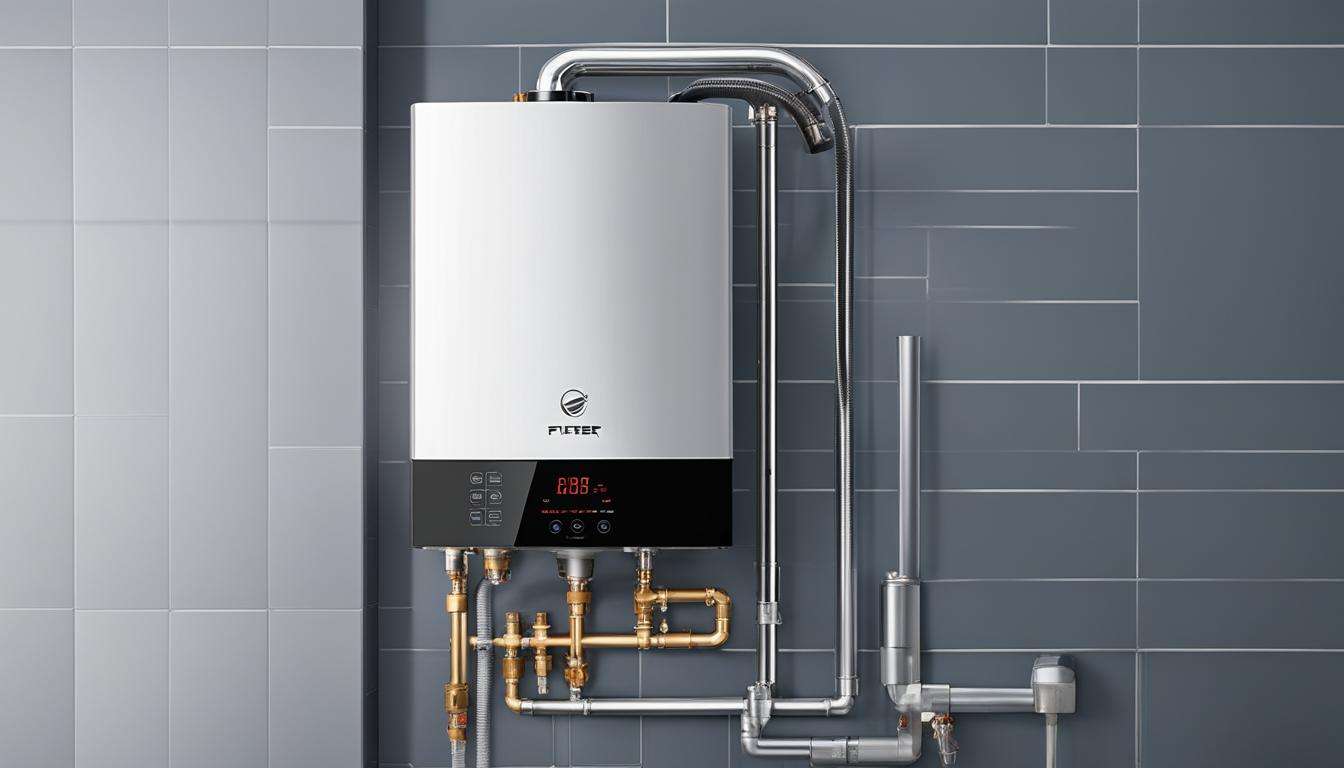Tankless water heaters, also known as on-demand water heaters, offer a fantastic solution for continuous hot water and energy savings. However, to ensure their longevity and optimal performance, understanding the critical role of a water filter for tankless water heater is paramount. Hard water, sediment, and other impurities can wreak havoc on these sophisticated appliances, leading to scale buildup, reduced efficiency, and even premature failure. Investing in the right water filter for tankless water heater is not just an upgrade, it’s a preventative measure that can save you significant money and frustration in the long run.
Why You Need a Water Filter for Your Tankless Water Heater
Traditional water heaters often mask the effects of hard water and sediment buildup for a longer period. Tankless heaters, with their smaller internal components and high heat transfer rates, are far more susceptible to damage. Here’s a breakdown of the key reasons to install a water filter:
- Scale Prevention: Hard water contains minerals like calcium and magnesium, which precipitate and form scale when heated. Scale buildup reduces heat transfer efficiency, forcing the heater to work harder and consume more energy.
- Sediment Removal: Sediment, rust, and other debris can clog the heater’s internal components, restricting water flow and causing overheating.
- Extended Lifespan: By preventing scale and sediment buildup, a water filter can significantly extend the lifespan of your tankless water heater, saving you the cost of premature replacement.
- Improved Efficiency: A clean heater operates more efficiently, reducing energy consumption and lowering your utility bills.
Types of Water Filters for Tankless Water Heaters
Choosing the right filter depends on your water quality and the specific needs of your tankless heater. Here are some common types:
- Sediment Filters: These filters remove particulate matter like sand, rust, and silt. They’re typically the first line of defense.
- Scale Inhibitor Filters: These filters use phosphate crystals or other media to prevent scale from forming. They don’t remove minerals, but they keep them in solution.
- Whole-House Filters: These filters treat all the water entering your home, providing comprehensive protection for all appliances, including your tankless water heater.
- Combination Filters: These filters combine multiple filtration stages, such as sediment filtration and scale inhibition, in a single unit.
Comparing Filter Types
| Filter Type | Pros | Cons | Best For |
|---|---|---|---|
| Sediment Filter | Inexpensive, easy to install | Only removes sediment | Water with high sediment content |
| Scale Inhibitor Filter | Prevents scale, doesn’t remove beneficial minerals | Doesn’t remove sediment | Water with high mineral content |
| Whole-House Filter | Protects all appliances | More expensive, requires more space | Comprehensive water treatment |
Installation and Maintenance
Installing a water filter is a relatively straightforward process that can often be done by a homeowner with basic plumbing skills. However, if you’re not comfortable working with plumbing, it’s best to hire a qualified plumber. Regular filter replacement is crucial to maintain optimal performance. Check the manufacturer’s recommendations for replacement intervals, which typically range from 3 to 6 months, depending on water quality and filter type.


